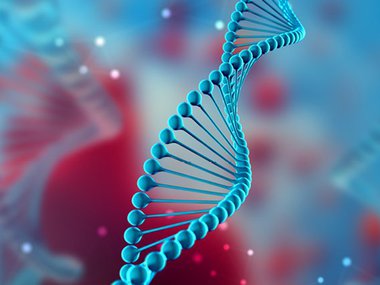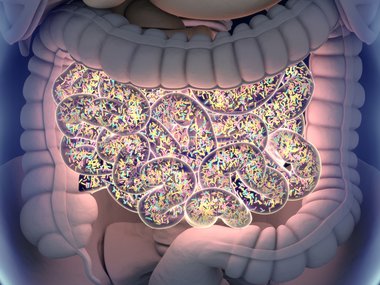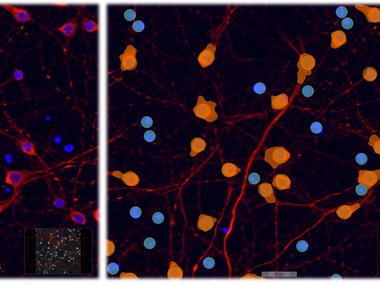Video Games + Science = A Big Win!
What if helping science simply means you play more video games? Talk about a win, win … and you don’t even have to move off the couch!
Whether you prefer the charming world of Animal Crossing or the quest-filled adventures in The Legend of Zelda, your gameplay could be a fast and wide-reaching way for scientists to collect data.
This isn’t fantasy like Baldur’s Gate or Minecraft: this already happened in real life!
Borderlands Science is an easy-to-understand mini-game embedded within a popular 2019 video game developed for adults. Designed like an arcade booth, the special science add-on not only improved what is known about gut bacteria, it did it better than traditional methods used in biomedical research.
Scientists and game developers teamed up to create a game for adults where solving DNA puzzles helped trace the evolutionary relationships of more than a million different kinds of bacteria that live in the human gut. Completing the puzzle earned players in-game currency, offering even more incentive to contribute to science. By solving nearly 136 million puzzles, more than 4 million players increased our collective knowledge of the evolutionary history of microbes, gut microbiome diversity and human health.
Our bodies contain tens of trillions of microbes. These may be tiny living things but they have a huge impact on human health! Factors such as medications, diet and lifestyle habits can cause changes in the microbes, which can impact our health.
Scientists are still trying to understand which microorganisms change which systems in the body. They plan to use the information collected from Borderlands Science to look at how microbes influence our aging process, how our bodies react to what we eat and what part microbes play in conditions from inflammatory bowel disease to diabetes to Alzheimer’s.
You might be thinking, “What about all this AI I’ve been hearing about? Can’t artificial intelligence help with this process?”
While scientists have found numerous ways to enhance our understanding of biological processes, computers aren't perfect at organizing this type of data yet. Remember, we’re talking about TRILLIONS of microbes here! If computers make mistakes, even small ones, it can corrupt subsequent sequences, rendering the results inaccurate and unhelpful. That said, scientists CAN use algorithms to extract principles from the puzzle solutions!
Borderlands Science wasn’t the first time scientists and game developers collaborated to gamify community science, but it has been the most successful to date. The first day of its release, Borderlands Science collected five times more data than during the 10 years that another mini-game was featured inside a different commercial video game.
The massive success of Borderlands Science highlights the underutilized power of community science and video games to advance STEM research. In other words, you could say science really leveled up on this one!
We’ll have to stay tuned to see what other areas of science we will be able to help with next simply by playing video games, but in the meantime, you can still contribute by playing Borderlands Science. Game on!


